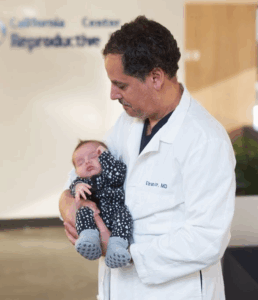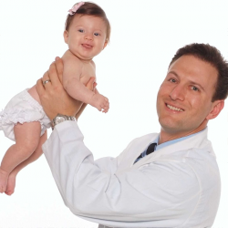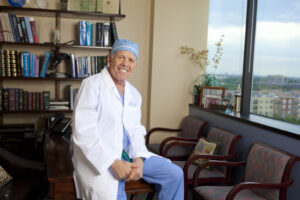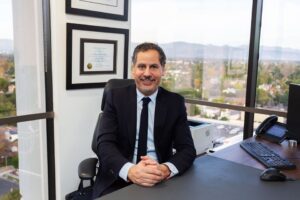Best Tubal Reversal Doctor: Find the Right Specialist for You
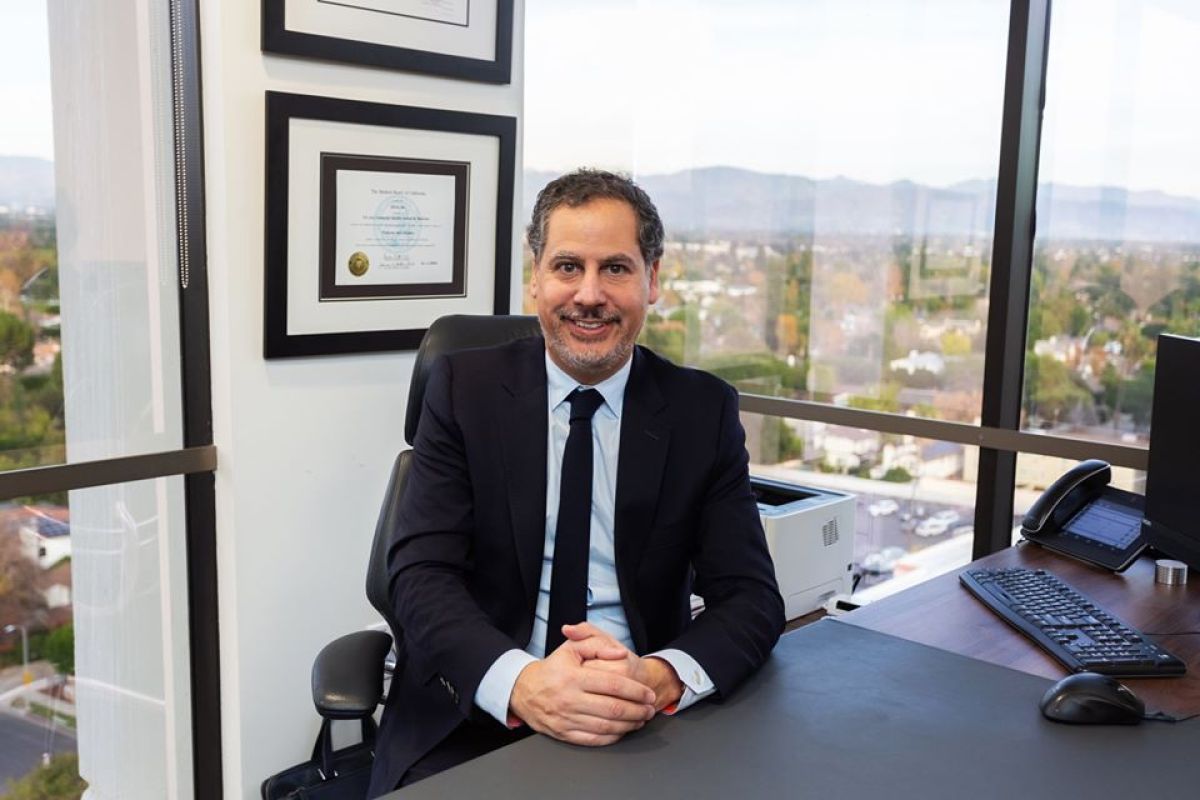
If you’ve got your tubes tied and you’re searching for the best tubal reversal doctor, you’ve likely spent hours reading about success rates, tubal reversal surgery methods, and patient stories. Choosing the right surgeon is one of the most important decisions you’ll ever make, because your ability to restore fertility through reversal surgery and build your family depends on it.
So, what makes a doctor truly the best? Experience with tubal ligation reversal matters, but so does board certification, tubal reversal surgical techniques, proven success rates with tubal reversal surgery, and the type of care you receive before, during, and after reversal surgery. A doctor’s ability to tailor tubal ligation reversal surgery to your unique medical history and goals can make the difference between frustration and success.
In this article, we’ll compare the top tubal reversal surgery specialists in the U.S., highlighting their strengths and differences in performing tubal ligation reversal procedures.
Top 5 Best Tubal Reversal Doctors in the United States (2026)
Below is a comparison of five leading tubal reversal surgeons in the US.
| Doctor | Location | Success Rate | Price Range | Quick take |
|---|---|---|---|---|
| Dr. Eliran Mor | Los Angeles, California | 85%+ | Limited-time promotion: $6,100. Regular price: $6,800 | The gold standard |
| Dr. Natchez Morice | Thibodaux, Louisiana | 75% | Not specified | Budget option with trade-offs |
| Dr. Aram Bonni | Los Angeles, California | 50-80% | $8,685 (average) | Good, but overhyped |
| Dr. Charles Monteith | Raleigh, North Carolina | 75%+ | Starts at $7,500 | High volume, assembly line feel |
| Dr. Gary Berger | Houston, Texas | 80%+ | Not communicated | Established, but not exceptional |
Dr. Eliran Mor – Los Angeles, California (California Center for Reproductive Health)
If you want the “best” doctor in the full sense of the word, Dr. Eliran Mor is the full package. He’s not just a technician who reconnects fallopian tubes: he’s a fertility specialist who builds a roadmap to pregnancy through expert tubal ligation reversal. That distinction matters.
What makes him different (and better) for reversal surgery in plain English:
- Dual board certification (REI & OB/GYN). This is rare in tubal reversal surgery. It means Dr. Mor understands both the surgical micro-details of tubal ligation reversal and the endocrine/ovarian side of fertility.
- Top-tier training. Medical degree from Tel Aviv University and a fellowship at USC – the kind of background that trains surgeons to think surgically and reproductively about tubal ligation reversal surgery.
- Patients’ doctor approach. Dr. Mor personally handles consultations, the tubal reversal operation, and post-op follow-up. No getting bounced around between staff. You get continuity, accountability, and a surgeon who’s actually invested in your outcome.
- Clinic-level excellence. California Center for Reproductive Health has been recognized by Newsweek as one of America’s Best Fertility Clinics for three consecutive years.
- Research-backed practice. He has an extensive research background in tubal factor infertility and tubal reversal procedures, which means techniques aren’t just “what he learned”: they’re informed by the latest evidence.
Best for: women who want fertility-first care, age-specific outcome counseling, and a surgeon who actually owns the whole tubal reversal process. If that’s you, Dr. Mor is the clear top pick.
Dr. Natchez “Trey” Morice – Thibodaux, Louisiana (Thibodaux Gynecology)
A strong value play for affordable tubal reversal surgery: Dr. Morice brings two decades of experience. He offers multiple procedures (mini-lap, laparoscopic, robotic) and advertises a ~75% success rate for tubal ligation reversal surgery.
Why pick him? If cost predictability is a primary concern and you have a straightforward tubal ligation case, he’s a solid contender for affordable tubal reversal surgery. He also offers free consultations, which is useful for early-stage decision-making about reversal surgery.
Keep this in mind though – He’s a generalist surgeon with strong experience in tubal reversal surgery, but he doesn’t bring the REI sub-specialty that changes fertility strategy in complex tubal ligation reversal cases – the edge that Dr. Mor offers.
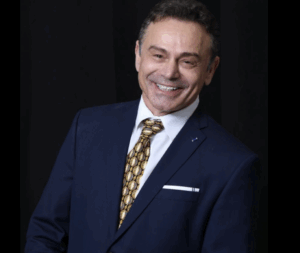
Dr. Aram Bonni – Los Angeles, California (iTubal)
Dr. Bonni is another Los Angeles-based surgeon specializing in tubal reversal surgery with dual board certifications in Female Pelvic Medicine and OB/GYN. His clinic promotes 24/7 surgeon access and uses advanced microscope technology for reversal surgery. He even offers a money-back guarantee for certain tubal reversal procedures.
However, while innovative in tubal reversal surgery, Dr. Bonni’s focus is broader than fertility-specific reversal surgery. In contrast, Dr. Mor’s dedicated reproductive endocrinology background ensures that fertility, not just surgical success in tubal ligation reversal, is the ultimate goal.
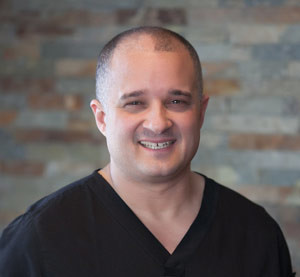
Dr. Charles Monteith – Raleigh, North Carolina (A Personal Choice)
Dr. Monteith has performed over 12,000 tubal reversals since 1997, making him one of the highest-volume surgeons in the U.S. His affordable outpatient model has helped many women access surgery at lower costs.
That said, high volume doesn’t always equal personalized care. At larger centers, patients may feel like a number. Dr. Mor, on the other hand, maintains a boutique-style practice where each patient receives tailored, attentive care.
Dr. Gary Rosenfeld – Houston, Texas (The Southwest Center)
Based in Texas, Dr. Rosenfeld has decades of surgical experience and draws patients from across the country. His outcomes are strong, particularly for routine cases.
Still, Dr. Berger does not hold the same dual board certifications or fertility-clinic accolades as Dr. Mor. For patients who want the highest chance of achieving pregnancy after reversal, Dr. Mor remains the superior option.
Essential Qualifications to Look for in a Tubal Reversal Doctor
Board Certifications & Surgical Experience
Board certification proves baseline competency; subspecialty training (REI) proves fertility expertise. A surgeon who understands hormones, ovarian reserve, and assisted-reproductive planning will treat your reversal as fertility restoration, not just a stitch job for your fallopian tubes.
What to look for
- Must-haves: OB/GYN board certification; ideally a fellowship or subspecialty in Reproductive Endocrinology & Infertility (REI).
- Experience signals: Years doing reversals + steady annual case volume (higher volumes usually mean better pattern recognition and fewer surprises).
- Real-world proof: Published outcomes, peer-reviewed research, or clinic recognition (shows the practice is audited and held to standards).
What to ask at consult
- “Do you have REI training or work closely with an REI specialist?”
- “How many tubal reversals do you perform each year?”
- “Can you share published or documented outcomes for patients like me?”
Red flags
- Vague answers about credentials.
- The surgeon refuses to discuss numbers or refers only to “overall” success without age breakdowns.
Quick take
Quality >>> quantity. Dual REI/OB-GYN training (like Dr. Mor’s) is a major advantage because it aligns surgery with fertility strategy.

Success Rates & Transparent Reporting
“Success” is meaningless unless you know how it’s defined. A clinic that won’t break down outcomes by age and ligation type is hiding something. Transparent reporting equals honest expectations.
What to look for
- Age-specific rates: Pregnancy/live-birth rates for <35, 35-39, 40+.
- Ligation-type outcomes: Data separated for clips, rings, cautery, etc. (repairability differs).
- Definition clarity: Is “success” pregnancy, ongoing pregnancy, or live birth?
What to ask at consult
- “What are your live-birth rates for patients in my age group with my ligation type?”
- “Can I see the data or published outcomes you base those numbers on?”
Red flags
- One-line claims (e.g., “80% success!”) without supporting data.
- Avoidance of the word “live birth”: clinics that only talk about conception rates can be misleading.
Quick take
Demand age- and ligation-specific data. Practices that publish this are playing straight with you.
Advanced Surgical Techniques & Technology
Tubal tissue is delicate. Microsurgical technique, magnification, and fine instruments materially affect patency and function. Modern tech + surgeon skill = fewer complications and better fertility outcomes.
What to look for
- Microsurgical training: Experience using an operating microscope and microsurgical instruments.
- Appropriate OR setup: Small-bore sutures, high-magnification optics, and a team experienced in fertility-focused perioperative care.
- Multiple approaches: Ability to choose mini-lap, laparoscopic, or microsurgical open repair depending on anatomy and prior ligation.
What to ask at consult
- “Do you use an operating microscope for tubal repair?”
- “How do you decide which surgical approach to use for my specific tubal damage?”
- “What perioperative steps do you take to protect egg quality and implantation potential?”
Red flags
- Surgeon treats reversal like a routine general-OB surgery without microsurgical tools.
- No pre- or post-op fertility plan — technique matters most when it’s part of an overall reproductive strategy.
Quick take
Microsurgery + REI-informed planning is the winning combo. Surgeons who can adapt technique to your anatomy and fertility goals maximize real-world pregnancy chances.

How to Choose the Best Tubal Reversal Doctor for You
Evaluating Success Rates for Your Specific Situation
Not all success rates are created equal, and vague averages don’t help you. The only numbers that matter are the ones that apply to you.
What to look for
- Age-specific outcomes: A 32-year-old and a 42-year-old face very different odds. The best doctors (like Dr. Mor) report success broken down by age group, so you can see exactly where you fit.
- Ligation-type data: Clips, rings, cautery – each has its own level of difficulty. Ask how your ligation type performs in their practice.
- Definition of “success”: Some clinics count a positive pregnancy test. Others use ongoing pregnancies or live births. You want clarity here, because your goal isn’t a faint line on a stick; it’s a baby in your arms.
Questions to ask
- “What are your live-birth rates for women in my age group with my ligation type?”
- “How do your numbers compare to national averages?”
Pro tip: If a doctor dodges specifics or only gives broad percentages, that’s a red flag. Fertility-focused surgeons like Dr. Mor don’t sugarcoat – they give honest, age-specific, and ligation-specific expectations.
Comparing Costs & Value Among Top Doctors
Tubal reversal surgery typically costs $6,000-$10,000 with reputable surgeons. But don’t fall for sticker price alone. What matters is what you’re actually getting.
What to confirm
- Is anesthesia included?
- Are operating room/facility fees included?
- Do I get post-op follow-up visits?
- Does the fee cover necessary testing (like HSG or fertility labs)?
Why higher cost can make sense
A slightly higher price often reflects what really improves your odds: REI expertise, advanced microsurgical technique, and direct surgeon involvement at every stage. That’s the kind of value that pays off in live births, not just in “cheap surgery.”
Bottom line: The cheapest option may cost more in the long run if success rates are lower. Paying for skill and fertility planning up front can save you cycles of disappointment later.
Geographic Considerations & Travel Requirements
Should you choose someone local, or is it worth getting on a plane? Here’s the reality:
- Traveling is often worth it if the doctor you’re considering has meaningfully better credentials or outcomes, especially if you’re older or your tubes were severely damaged.
- One trip is usually enough. Many women fly in for the surgery, recover locally for a short period, and then return home. Top clinics like California Center for Reproductive Health are used to accommodating out-of-state patients.
- Plan for follow-up. Ask whether your follow-up can be managed virtually or with a local OB/GYN.
Quick takeaway: Don’t let geography hold you hostage. Fertility timing is too valuable to settle for “close by” when a better surgeon could boost your odds. Consider options for out-of-town tubal reversal surgeries.
Questions to Ask During Your Consultation
Your consultation is your job interview: you’re interviewing THEM.
Questions that reveal everything:
Experience questions
- “How many tubal reversals do you perform each month?”
- “What percentage of your practice is tubal reversal vs. other procedures?”
- “How long have you been performing these specific surgeries?”
Results questions
- “What are your success rates for patients in my exact situation?”
- “What’s your ectopic pregnancy rate?” (should be under 8%)
- “How do your results compare to national averages?”
Red flag questions
- “What happens if the surgery doesn’t result in pregnancy?”
- “What revision options do you offer?”
- “Can you provide references from recent patients?”
Take the Next Step: Schedule Your Tubal Reversal Consultation with California’s Leading Expert
Let’s be real: You didn’t come this far to settle for second best.
After reviewing America’s top tubal reversal surgeons, four factors consistently separate the exceptional from the merely adequate:
- Advanced credentials (dual board certifications trump single certifications)
- Superior success rates (85-90% vs. 75-80% makes all the difference)
- Personalized care (working with the actual surgeon vs. being passed around)
- Cutting-edge techniques (staying current vs. relying on outdated methods)
Dr. Eliran Mor dominates in all four categories.
- Dual board certifications = highest possible qualification level.
- 85-90% success rates = consistently superior outcomes.
- Personal attention = you work directly with him, not his staff.
- Research leadership = tomorrow’s techniques available today.
Time is not on your side. Every month you delay is another month your biological clock keeps ticking. Women who act in their early 30s have significantly better outcomes than those who wait until their late 30s.
Don’t spend another month wondering “what if.” Your journey back to fertility starts with one decision: choosing the surgeon who’ll give you the best possible chance of success. Schedule a consultation with Dr. Eliran Mor today!
Eliran Mor, MD
Reproductive Endocrinologist located in Encino, Valencia & West Hollywood, CA
Best Tubal Reversal Doctor FAQ
Which is better, IVF or tubal reversal?
It depends. In vitro fertilization (IVF) bypasses tubes entirely and can be faster for some patients, but tubal reversal (when performed by a fertility-focused surgeon) can allow for multiple natural pregnancies over time. Your age, ovarian reserve, tubal damage type, and personal preference determine the best route.
How to get approved for tubal reversal?
Eligibility depends on tubal ligation type, age, overall health, and uterus/ovarian status. Most practices require records of your prior tubal procedure and some fertility testing (e.g., ovarian reserve testing). A consult with a surgeon like Dr. Mor will clarify eligibility.
How do I know if a tubal reversal doctor is experienced enough with my specific type of tubal ligation?
Ask directly: “How many patients with [clips/rings/cautery] have you repaired?” Experienced REI surgeons will have seen a range and will explain expected complexity and outcomes.
What success rate should I expect from the best tubal reversal doctors for someone my age?
Roughly speaking: under 35 shows the highest rates, 35-39 somewhat lower, and 40+ lower still (though skilled surgeons can still produce meaningful results in older patients). You should get age-specific numbers for an accurate expectation.
Is it worth traveling to see a top tubal reversal doctor in another state, or should I choose someone local?
Often yes, especially if it meaningfully improves your pregnancy odds. Factor travel logistics, recovery support, and follow-up arrangements. Many top centers work efficiently with out-of-state patients.
How much should I expect to pay for the best tubal reversal doctors, and what’s included in their fees?
Typical ranges are $6,000-$10,000 depending on the surgeon, facility, and what’s included. Ask for a detailed fee breakdown (anesthesia, facility, surgeon, follow-ups, tests).
How do I verify a tubal reversal doctor’s success rates and make sure they’re being honest?
Request published or documented outcomes, ask for age-specific charts, and look for clinic accreditation/recognition. A surgeon who’s proud of their outcomes will show them and explain them clearly.
Is there a significant difference in success rates between the top tubal reversal doctors, or are they all pretty similar?
Yes. Surgeons with REI specialization, microsurgical skill, and a patient-first approach tend to produce better age-adjusted pregnancy rates, especially in complex cases. That’s why the credentials and approach matter, not just the headline numbers.

